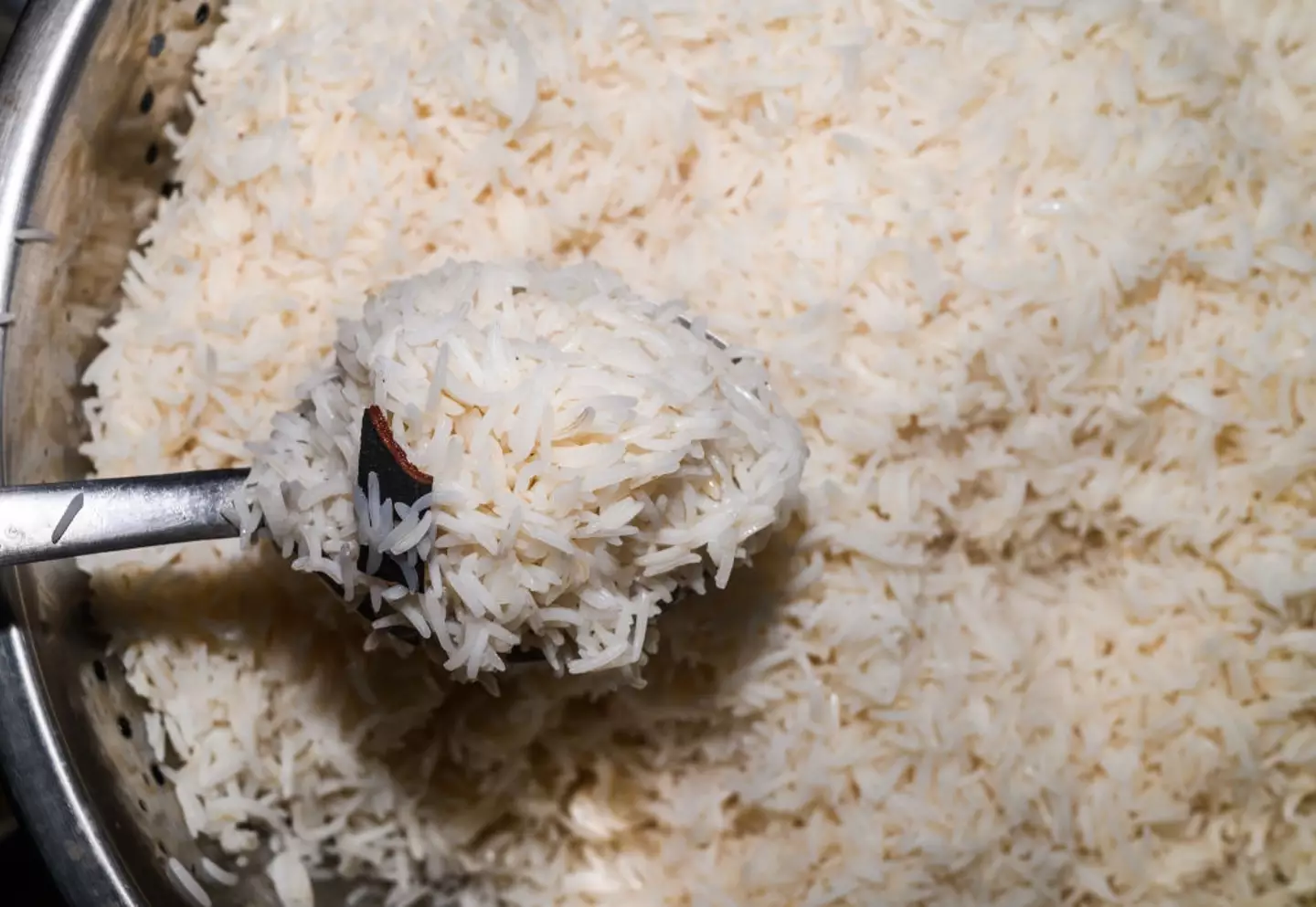
There are six food items that you should keep away from your fridge according to one expert, as you the run the risk of degrading their quality and even exposing them to toxic bacteria and mould.
Staying on top of your health when it comes to food isn't always about your nutrition, but is often as much about safety and being mindful of how you store and cook your meals.
Whether it be cooking meat for long enough or ensuring that certain types of food aren't kept at room temperature for too long, it can be tough to always stay vigilant enough to avoid illness.
However, as reported by the Daily Mail, one expert has revealed on Instagram six different foods that you should always keep away from your fridge, as while it might seem best to store ingredients in the cold, the cooler environments can actually prove harmful to these items.
Advert
Clinical nutritionist Jhanvi Sanghvi has explained in a video on the social media platform that you should never store the following items in the fridge or freezer:
- Potatoes
- Onions
- Garlic
- Ginger
- Bananas
- Cooked rice
There's a good chance that you've already got at least one of these in your fridge right now, but upon reading Sanghvi's explanations you'll quickly want to move it to a better suited area.
Potatoes, for example, can produce harmful compound acrylamide if they're stored in the fridge as the starches are converted to sugars. Additionally, mold and harmful bacteria can grow on onions and garlic when exposed to the excess moisture of a fridge, and thus you'll want to keep them in a cool dark place instead like the back of a cupboard.
For ginger and bananas is less of a case of danger and more that storing them in the fridge will lessen the quality of the ingredient, with the former drying out and the latter turning brown and mushy.

Cooked rice is always a touchy topic in the food community though, and according to Jhanvi you need to be extra considerate to ensure that it's cooled sufficiently before popping it in the fridge. If not you run the risk of cultivating bacillus cereus, which can lead to serious food poisoning.
Of course, none of these apply when you've used the ingredients as part of a cooked meal - as that would make storing most recipes near impossible - but it's definitely something that you'll want to think about next time you're unloading your shopping or prepping for the week.
